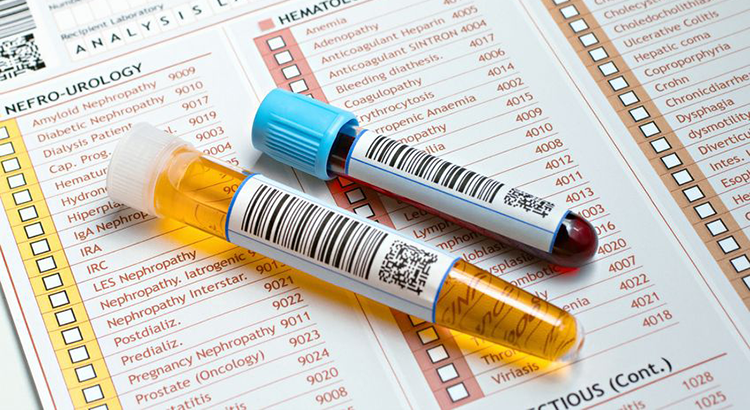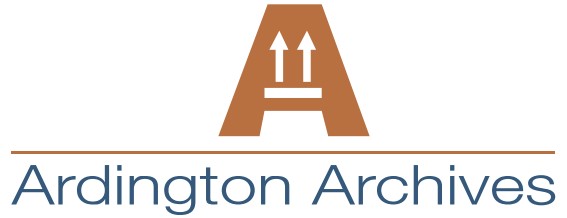In a recent review of surgical record-keeping in the UK, just 60% of the required standards were met. That leaves a worrying 40% gap in compliance. If your healthcare organisation were audited tomorrow, would your document storage meet NHS standards?
It’s about having the paperwork, the right records, stored the right way and being able to prove it.
What "Audit-Ready" Means
Whether you’re preparing for a CQC inspection or responding to local NHS trust audits, being audit-ready means more than tidy files.
Healthcare organisations must store both physical and digital documents securely, with clear systems for access, review, and retention. Inspectors expect full traceability. That means knowing where every document is, how it’s protected, and how long it must be kept.
NHS Document Retention: The Essentials
According to the NHS Records Management Code of Practice, the required retention periods for common healthcare records include:
- GP records: Keep for a minimum of 10 years after the patient has died.
- Mental health records: Retain for 20 years from creation or 8 years after death.
- Maternity records: Hold for 25 years after the birth of the last child.
- Dental clinical care records: Retain for 11 years from the date treatment ends.
Missing or lost records, or simply not being able to find them fast, can cause compliance failures.

Common Risks NHS Units Face
We regularly work with NHS trusts and clinics that struggle with one or more of the following:
- Paper files stored across multiple locations or in outdated filing systems
- Shredding without an audit trail or proof of secure disposal
- No digital backup for critical records
- Staff turnover that leads to gaps in document access and knowledge
These risks don’t just affect audits, they can disrupt patient care too.
What Audit-Ready Storage Looks Like
An audit-ready storage system should offer:
- Secure offsite storage: Physical records held in monitored, fire-safe, and access-controlled facilities.
- Digital scanning and indexing: So records can be retrieved in seconds, not hours or days.
- Retention and destruction schedules: Automated alerts that help you stay compliant.
- Full audit trail: Every scan, move, or destruction is tracked and documented.
- Use certified providers: Ideally ISO 9001 and ISO 27001 accredited, with experience in NHS and CQC frameworks, like Ardington Archives.
How Ardington Archives Helps NHS Providers Stay Compliant
We’ve supported NHS and private healthcare clients for over 25 years. Our services include:
- Secure document scanning: We digitise your records with high-resolution scanning and full indexing.
- Offsite archive storage: Safe, trackable, and designed for long-term retention.
- Retention management: Built-in reminders and destruction logs help you stay on top of compliance.
- GxP-aligned storage: For clinics or labs working under Good Practice regulations.
- Knowledge of NHS audits: We understand what CQC and NHS England look for and can support you ahead of inspections.
Download Our NHS Audit Checklist
Want to check your current setup? Our free NHS Audit Checklist helps you spot risks, gaps, and opportunities to improve your compliance. It’s a practical tool for records managers, practice leads, and compliance teams.




